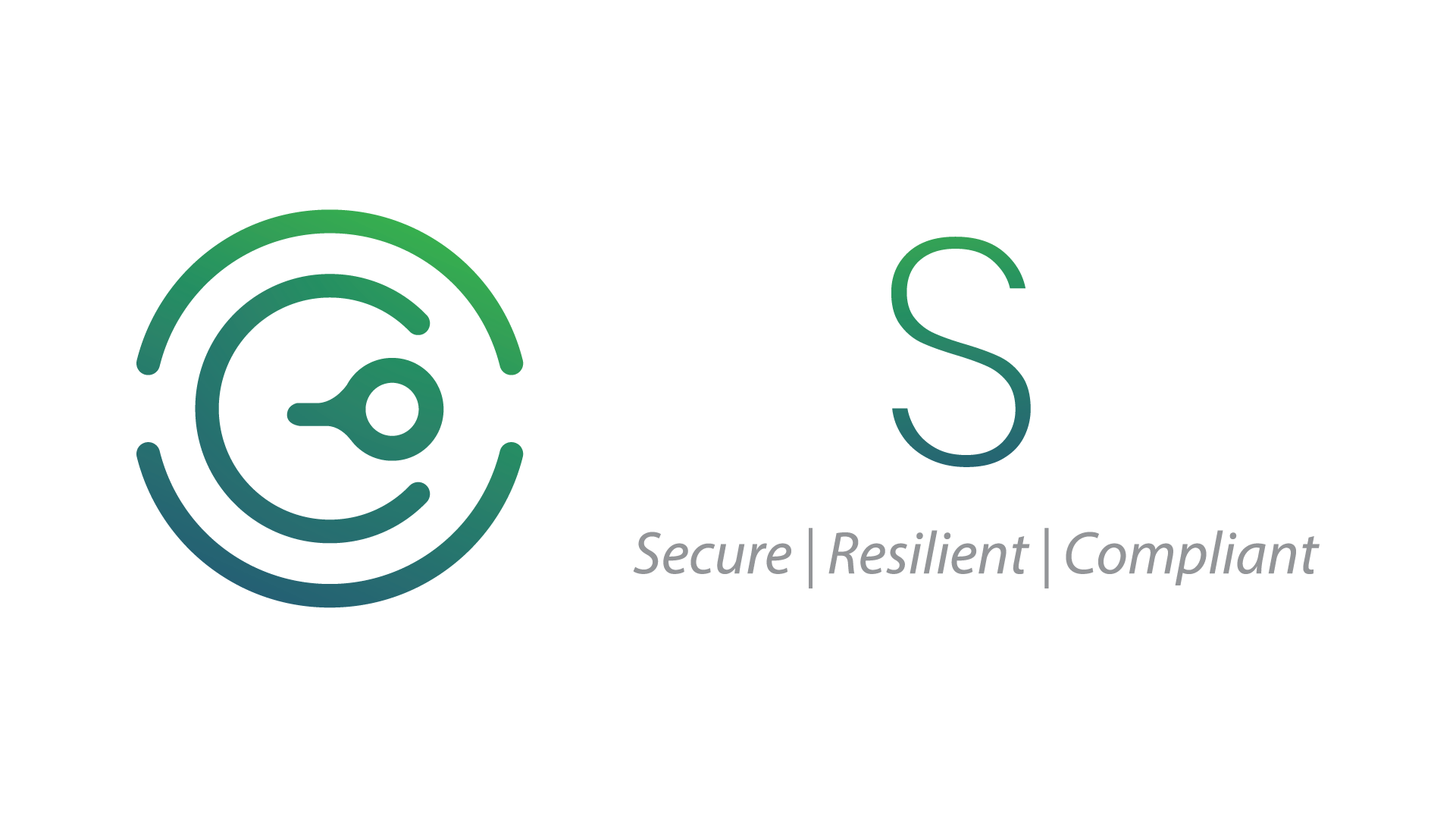
Top Mistakes UAE Companies Make in Cyber Risk Management
Cyber risk management is more than installing antivirus software and hoping for the best. In 2025, businesses in the UAE face sophisticated threats that require a strategic, well-resourced, and continually evolving approach.
Unfortunately, many organizations — from small businesses to large enterprises — are making avoidable mistakes that expose them to data breaches, regulatory penalties, and reputational harm.
This blog outlines the top 10 cyber risk management mistakes UAE companies make and offers practical steps to address them.
2. Why Cyber Risk Management Matters More Than Ever in the UAE
The UAE is a digital powerhouse — with booming e-commerce, smart cities, and AI-driven services. But this innovation comes with risk:
- Cyberattacks in the GCC have increased by 35% year-on-year
- UAE’s Personal Data Protection Law (PDPL) now enforces stricter data handling rules
- NESA and sectoral frameworks (e.g., SAMA for finance) demand higher security standards
Failing to manage cyber risk isn’t just negligent — it’s non-compliant and dangerous.
3. Top Cyber Risk Management Mistakes in UAE Companies
❌ 1. No Formal Cybersecurity Policy
Many businesses lack a documented, enforceable cybersecurity policy.
Why it’s a problem:
Employees don’t know what’s expected, how to report issues, or what’s considered a risk.
Fix it:
Create a clear policy covering data handling, acceptable use, incident reporting, and vendor access. Make it part of onboarding.
❌ 2. Thinking Small Businesses Aren’t Targets
“We’re too small to be hacked” is a dangerous mindset.
Reality:
SMEs are attacked more frequently because they’re less protected. In 2024, 40% of UAE breaches involved businesses under 100 employees.
Fix it:
Conduct a basic cyber risk assessment and implement essential controls like MFA, backups, and staff training.
❌ 3. Not Aligning with Local Regulations (PDPL, NESA)
Many companies still think international frameworks like GDPR are enough — but UAE laws require local alignment.
Fix it:
Map your operations to PDPL if you handle personal data, and follow NESA if you’re in government or critical infrastructure.
❌ 4. Lack of Third-Party Risk Management
Vendors and partners often have access to internal systems or data — but few companies assess their security.
Fix it:
Vet vendors before onboarding. Require them to show compliance (ISO 27001, etc.). Include security clauses in contracts.
❌ 5. Infrequent Penetration Testing
Many companies perform penetration tests only once (if ever) — and don’t retest after new updates or integrations.
Fix it:
Schedule tests at least twice a year, and after major product launches or infrastructure changes.
❌ 6. No Incident Response Plan
In the event of a breach, panic sets in. Most companies scramble without a clear roadmap.
Fix it:
Create an Incident Response Plan (IRP) with defined roles, communication steps, and regulatory timelines (especially for PDPL reporting).
❌ 7. Overreliance on Antivirus or Firewalls
Traditional tools alone can’t stop modern threats like phishing, zero-day exploits, or insider leaks.
Fix it:
Adopt layered security: endpoint protection, cloud monitoring, behavior analytics, SIEM, and EDR.
❌ 8. Neglecting Employee Training
Human error causes over 80% of breaches — yet cybersecurity is often seen as “IT’s problem.”
Fix it:
Run quarterly training and phishing simulations. Make cyber hygiene part of your company culture.
❌ 9. Poor Password and Access Hygiene
Shared logins, weak passwords, and unnecessary admin access are common across UAE businesses.
Fix it:
Implement:
- Password policies
- MFA (multi-factor authentication)
- Role-based access control (RBAC)
❌ 10. Failing to Monitor and Audit Systems
Some companies set up basic security tools but never review logs or adjust configurations over time.
Fix it:
Use tools like SIEMs or managed detection and response (MDR). Schedule monthly audits or auto-alerts for suspicious activity.
4. Consequences of Poor Cyber Risk Management in the UAE
- Regulatory fines under PDPL or NESA
- Data breaches with customer or operational impact
- Loss of contracts (especially with government or enterprise clients)
- Reputation damage and drop in investor confidence
- Increased insurance premiums or claims denial
5. How Centre Systems Group Helps UAE Businesses Avoid These Mistakes
We work with organizations across sectors — from real estate and logistics to fintech and government — to:
✅ Audit cyber risk management processes
✅ Create and implement tailored cybersecurity policies
✅ Provide employee training and phishing simulations
✅ Perform scheduled penetration testing
✅ Ensure alignment with PDPL, NESA, and ISO 27001
We don’t just secure systems — we build lasting cyber resilience.
Cyber risk management is not a one-time project. It’s an ongoing effort that needs the right tools, processes, and mindset. In the UAE’s fast-paced business environment, mistakes can be costly — but most are preventable.
With the right partner, you can build a cyber strategy that protects your people, platforms, and profits.
📞 Get in touch with Centre Systems Group to audit your current cyber risk practices and close critical gaps — before attackers find them first.
Frequently Asked Questions
Is cyber risk management mandatory in the UAE?
Yes. For most sectors — especially those handling personal data or working with public contracts — risk management is a compliance requirement.
How often should companies test their cyber defenses?
Pen tests should be done twice yearly. Risk assessments and audits can be quarterly or semi-annually.
Is staff training really effective?
Yes. Well-trained employees are your first line of defense. A single phishing click can cost millions
Can SMEs implement these measures affordably?
Absolutely. Many solutions — like cloud backups, IAM, and simulated phishing — are budget-friendly and high-impact.



Leave a Reply